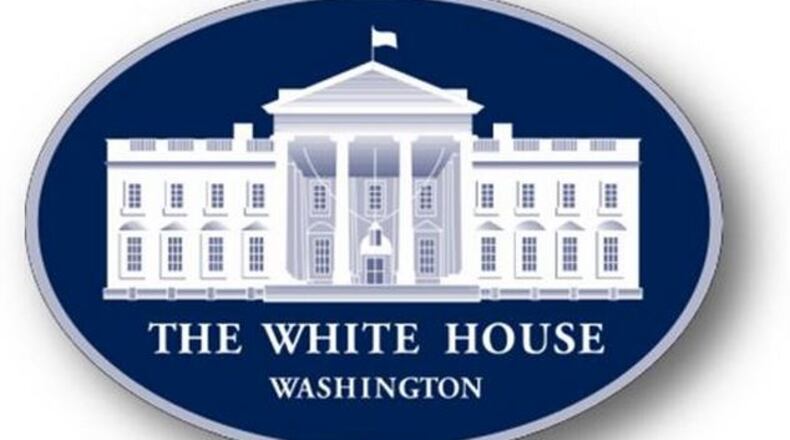The three pronged crusade by Republicans to overhaul the Obama health law involves not only two major legislative efforts in the Congress, but also regulatory changes from the Department of Health and Human Services, as the Trump Administration has ample opportunity now to make regulatory moves that would reverse the implementation of the health law, and alter how the feds deal with health insurance coverage.
"There are 1,442 provisions in Obamacare that says the Secretary has discretion," Speaker Paul Ryan said last week in an interview on the Sean Hannity radio show.
"Tom Price is going to use that discretion to unwind Obamacare," the Speaker added, referring to the President's Secretary of Health and Human Services.
Just a few years ago, Republicans routinely condemned the use of regulatory actions by the Obama Administration on the Affordable Care Act, arguing that those moves were not constitutional - but now, they are fully embracing that same regulatory authority, in order to tweak and roll back rules and regulations related to the health law.
"Do not underestimate the power of the HHS Secretary," said Rep. Kevin McCarthy (R-CA), the number two Republican in the U.S. House.
As for Secretary Price, he seems ready for the regulatory challenge.
"As you all well know, the previous administration used regulations to a fare-thee-well," Price said at a White House Briefing this last week, vowing to review all the rules, regulations and guidance letters put out by HHS in the past seven years.
"We are going to go through every single one of those and make certain that if they help patients, then we need to continue them," Price said. "If they harm patients or increase costs, then obviously they need to be addressed."
If you dig into the legislative text of the Affordable Care Act, there are plenty of examples of where the HHS Secretary is granted power by the Congress to make regulations and otherwise shape the law.
Just search for the word "Secretary" in that law - and you'll find it over 3,000 times, with many phrases like, "the Secretary shall establish," or "The Secretary may develop guidelines," and "the Secretary shall develop standards."
There were 811 examples of "the Secretary shall" - a reminder of how much power the Congress has ceded to the Executive Branch in terms of implementing laws that are approved by the House and Senate.
Credit: Jamie Dupree
Credit: Jamie Dupree
Price says the calculus is simple - an existing rule or regulation on health care and health insurance either "helps patients and decreases costs, or harms patients and increases costs."
"If it does the latter, then we need to do away it. If it does the former, then we ought to accentuate it."
The Trump Administration now gets that opportunity in coming weeks and months.
About the Author
The Latest
Featured




